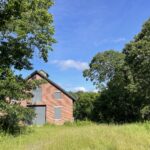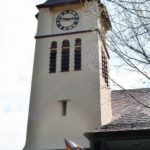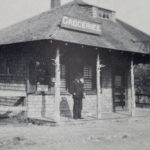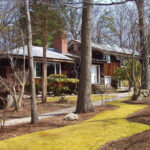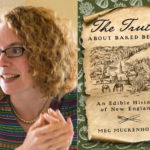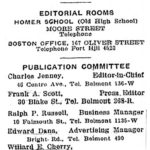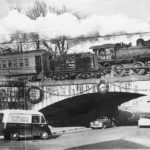
By Elissa Ely “What is that house?” Wendy Murphy thought the first time she saw the mansion at 661 Pleasant Street: elevated, magisterial, remote, uninhabited, yet somehow alive. “Is it haunted?” The William Flagg Homer House is neither inhabited nor haunted, though it is alive with architecture and art. As president of the Belmont Woman’s Club, Wendy became one of its protectors. Her decade-long tenure exceeds term limits, though not for lack of a successor search. “I’m like a general contractor,” she says ruefully, “and the problem with being productive is that no one wants to be that busy.” The [READ MORE]



